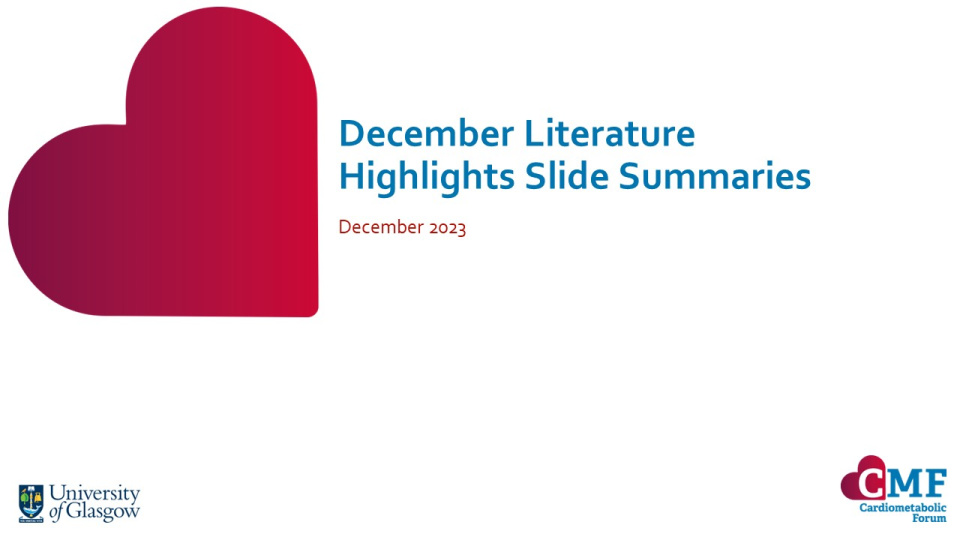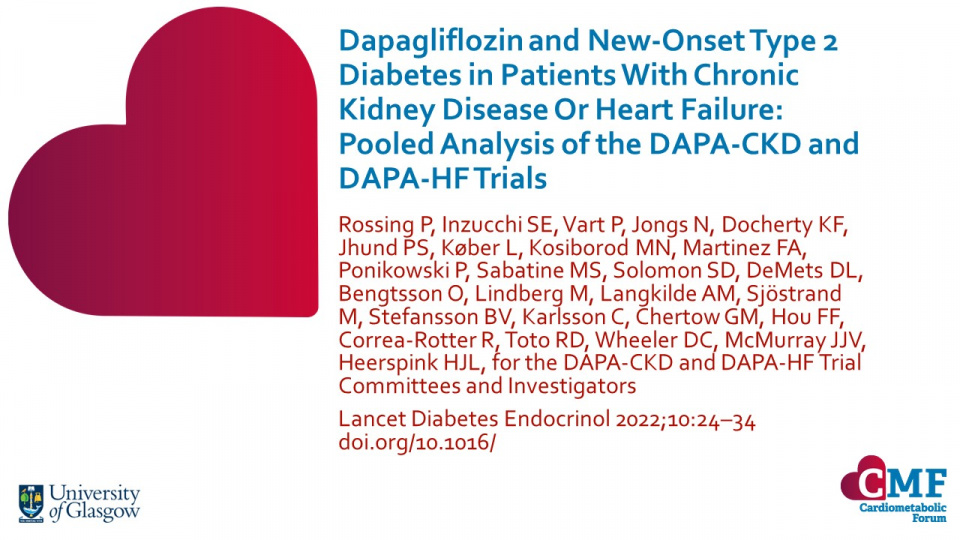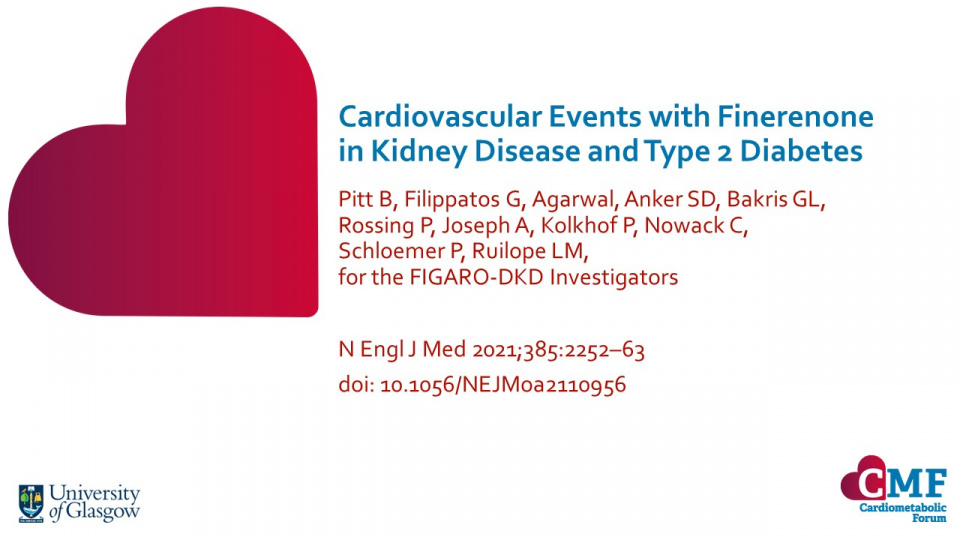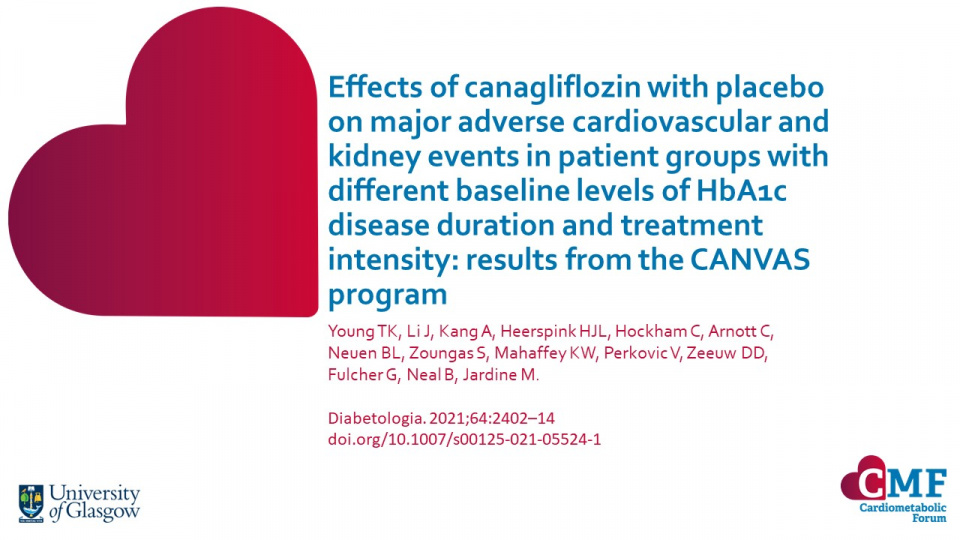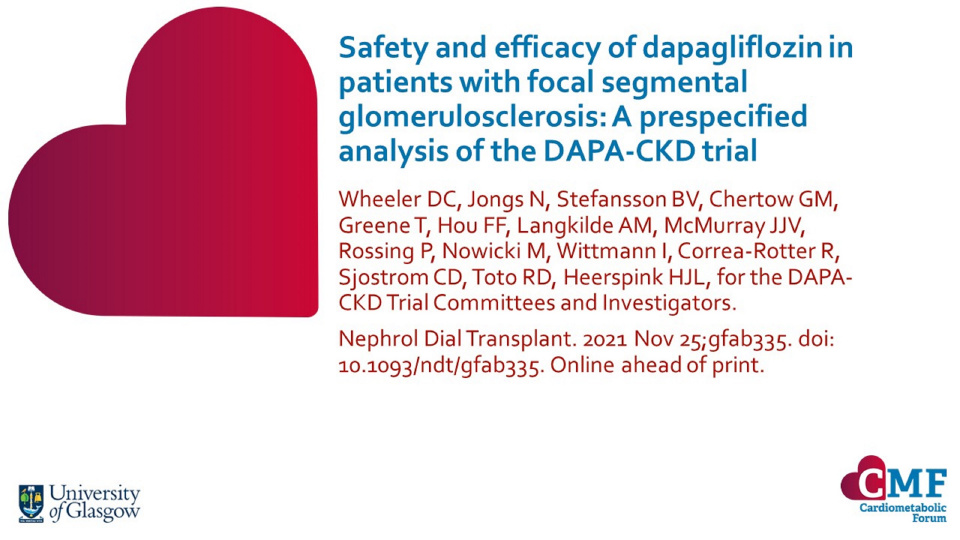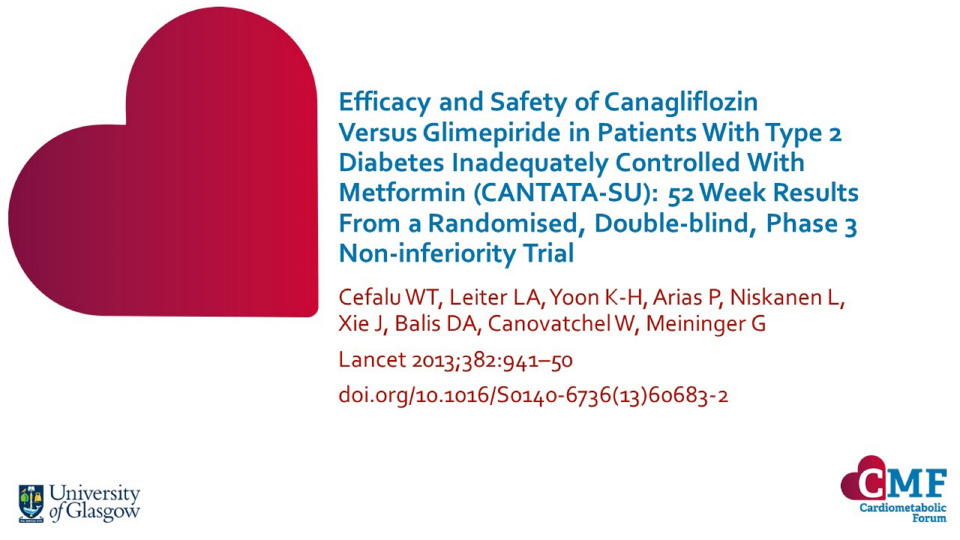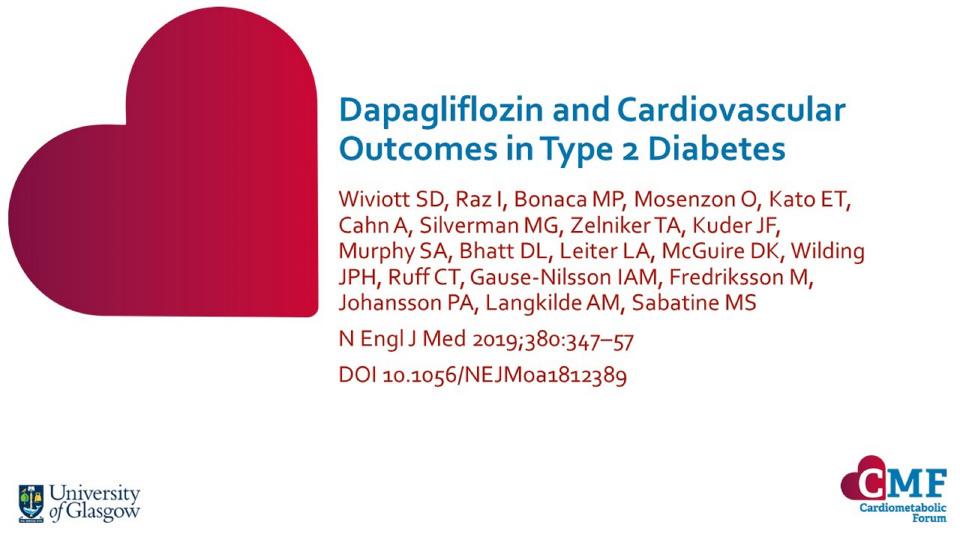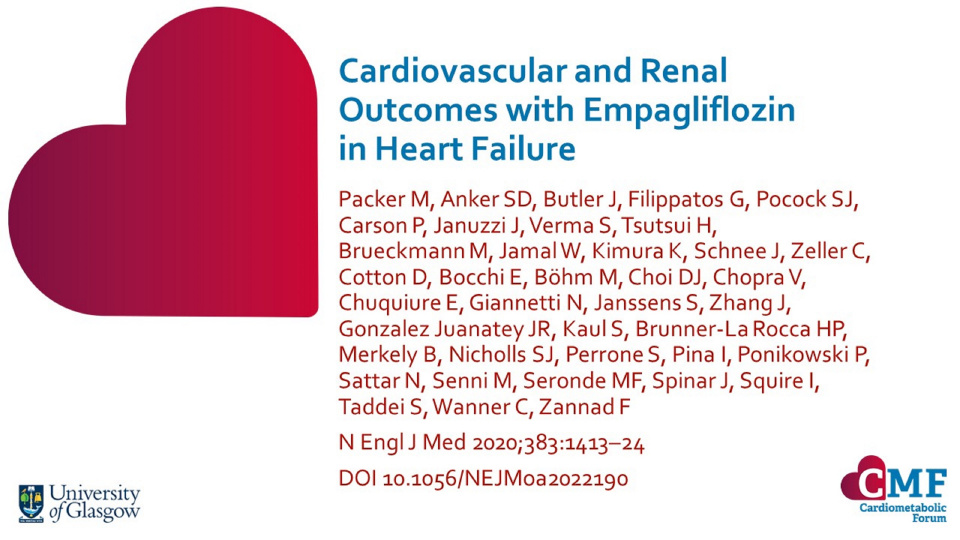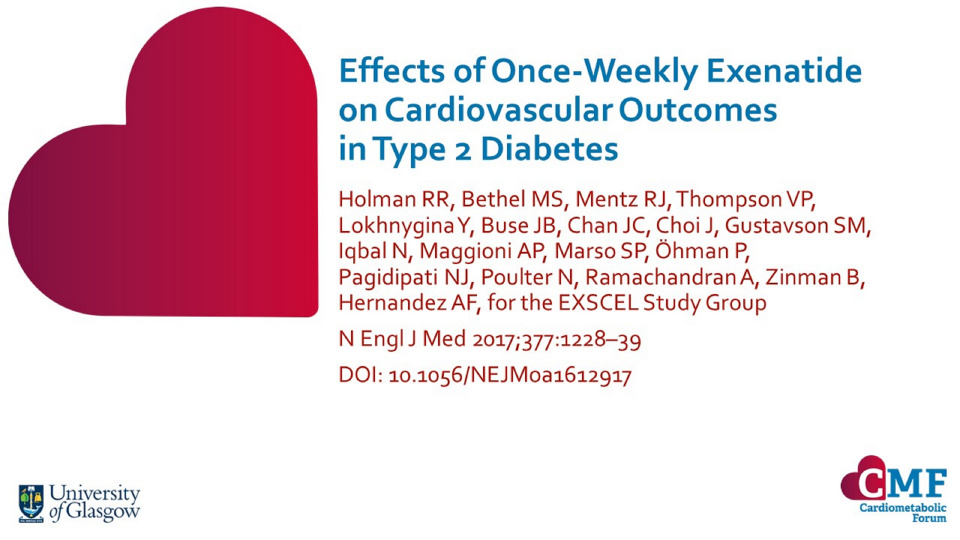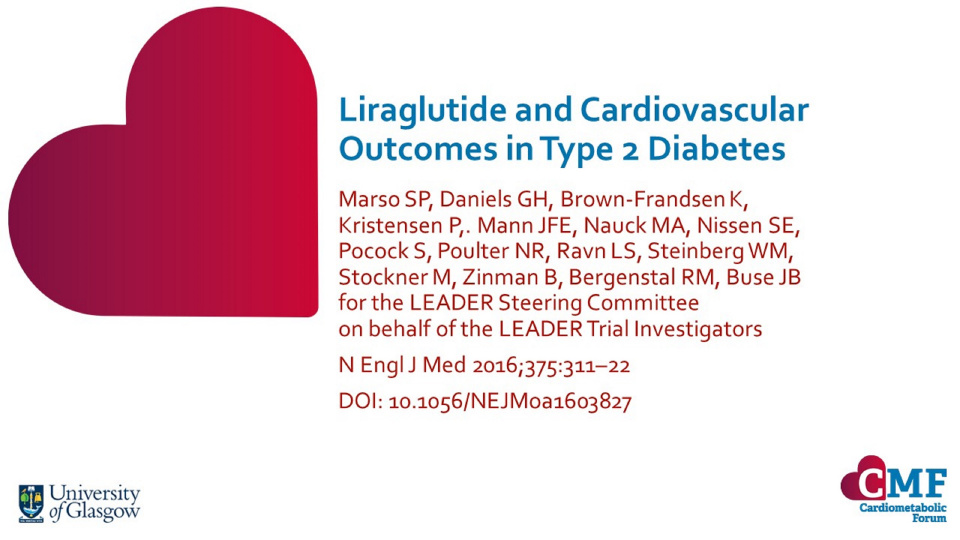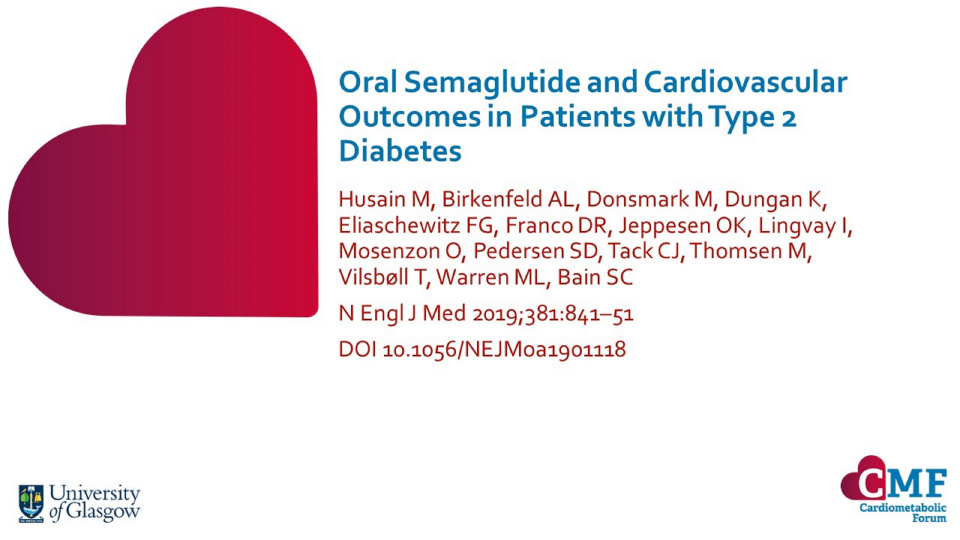Publications
Stay up to date with our literature reviews which are curated by experts to feature the most important publications released each month. Explore our publications for access to concise summary slides for your own use.
Dapagliflozin and New-Onset Type 2 Diabetes in Patients With Chronic Kidney Disease Or Heart Failure: Pooled Analysis of the DAPA-CKD and DAPA-HF Trials
Lancet Diabetes Endocrinol 2022;10:24–34 doi.org/10.1016/
Chronic kidney disease and heart failure are insulin resistant states associated with high incidence rates of diabetes. Rossing et al. carried out a two Phase 3, randomised, double-blind, placebo-controlled trials assessed the effect of dapagliflozin on new-onset type 2 diabetes, in a pooled analysis of data from 6,608 individuals.
Cardiovascular Events with Finerenone in Kidney Disease and Type 2 Diabetes
N Engl J Med 2021;385:2252–63 doi: 10.1056/NEJMoa2110956
Finerenone has desirable effects on cardiorenal outcomes in patients with stage 3 or 4 chronic kidney disease (CKD), type 2 diabetes and severely elevated albuminuria. The outcomes of the use of finerenone are unclear in patients with type 2 diabetes and a wider range of CKD.
Keywords:
Effects of canagliflozin with placebo on major adverse cardiovascular and kidney events in patient groups with different baseline levels of HbA1c disease duration and treatment intensity: results from the CANVAS program
Diabetologia. 2021;64:2402–14 doi.org/10.1007/s00125-021-05524-1
This study by Young et al. shows canagliflozin to have beneficial CV and kidney outcomes in patients with T2DM across a range of diabetes complexities with an underlying risk of CV disease.
Safety and efficacy of dapagliflozin in patients with focal segmental glomerulosclerosis: A prespecified analysis of the DAPA-CKD trial
Nephrol Dial Transplant. 2021 Nov 25;gfab335. DOI: 10.1093/ndt/gfab335.
This study by Wheeler et al. found that dapagliflozin numerically, but not significantly, reduced the rate of chronic decline of eGFR compared to placebo among DAPA-CKD participants with FSGS.
Efficacy and Safety of Canagliflozin Versus Glimepiride in Patients With Type 2 Diabetes Inadequately Controlled With Metformin (CANTATA-SU): 52 Week Results From a Randomised, Double-blind, Phase 3 Non-inferiority Trial
Lancet 2013;382:941–50 doi.org/10.1016/S0140-6736(13)60683-2
In the CANTATA-52 trial, canagliflozin was non-inferior to glimepiride for the primary endpoint of glucose-lowering at 52 weeks – and the highest dose achieved superiority.
Dapagliflozin and Cardiovascular Outcomes in Type 2 Diabetes
N Engl J Med 2019;380:347–57 DOI 10.1056/NEJMoa1812389
Dapagliflozin was found to be noninferior to placebo in terms of major adverse cardiovascular events in the DECLARE-TIMI 58 trial.
Cardiovascular and Renal Outcomes with Empagliflozin in Heart Failure
N Engl J Med 2020;383:1413–24 DOI 10.1056/NEJMoa2022190
Empagliflozin demonstrated a reduction in CV death, HF hospitalisation, rate of eGFR decline and risk of serious renal outcomes in patients with chronic HF and reduced ejection fraction in the EMPEROR-reduced study.
Effects of Once-Weekly Exenatide on Cardiovascular Outcomes in Type 2 Diabetes
N Engl J Med 2017;377:1228–39 DOI: 10.1056/NEJMoa1612917
The EXSCEL study showed that among patients with type 2 diabetes (T2D) with or without previous cardiovascular (CV) disease, the incidence of major adverse cardiovascular events (MACE) did not differ significantly between patients who received exenatide and those who received placebo.
Liraglutide and Cardiovascular Outcomes in Type 2 Diabetes
N Engl J Med 2016;375:311–22 DOI: 10.1056/NEJMoa1603827
The LEADER trial demonstrated CV benefits with liraglutide, and showed that the rate of the first occurrence of death from cardiovascular (CV) causes, nonfatal myocardial infarction (MI), or nonfatal stroke among patients with type 2 diabetes (T2D) was lower with liraglutide than with placebo.
Oral Semaglutide and Cardiovascular Outcomes in Patients with Type 2 Diabetes
N Engl J Med 2019;381:841–51 DOI 10.1056/NEJMoa1901118
In the PIONEER 6 trial, the cardiovascular risk profile of oral semaglutide was noninferior to placebo over 83 weeks.

